What Are Hedge Funds and How Do They Make Billions?
Hedge funds are private investment partnerships that pool money from accredited investors, typically institutions or individuals with...


Hedge funds are private investment partnerships that pool money from accredited investors, typically institutions or individuals with a net worth over $1 million or an annual income exceeding $200,000. Unlike mutual funds, hedge funds are not open to the general public and operate under far fewer regulations. This gives them flexibility to deploy aggressive, high-risk, and highly technical investment strategies.
These funds are the apex predators of the financial markets. They bet on, against, and around markets using tools like leverage, short selling, and derivatives. Their goal? To deliver absolute returns, meaning they aim to make money whether markets go up, down, or sideways.
How Hedge Funds Make Money (Even When They Lose)
Hedge funds typically follow a fee structure known as "2 and 20":
- 2% Management Fee: A flat annual fee charged on assets under management (AUM). Whether the fund performs or not, they collect this fee.
- 20% Performance Fee: A cut of the profits earned by the fund, giving managers a strong incentive to chase alpha (returns above the market).
For example, a hedge fund managing $10 billion would make $200 million per year just from management fees—even if it makes no profit for investors. Add a 20% cut from, say, $1 billion in profits, and you’ve got another $200 million.
Take Citadel, run by Ken Griffin. With over $65 billion in AUM, its 2% management fee alone brings in approximately $1.3 billion a year. In 2022, Citadel made $16 billion in profits, the highest ever for a hedge fund in a single year.
Popular Hedge Fund Strategies
1. Long/Short Equity
This is the classic hedge fund play: go long on undervalued stocks and short overvalued ones. For instance, a hedge fund might buy Microsoft shares (expecting them to rise) while shorting Tesla (expecting a drop). If the market tanks, the gain from the short could offset the loss from the long, thereby "hedging" market risk.
2. Global Macro
These funds bet on big-picture trends: central bank policy, wars, inflation, elections, and interest rates. The most famous example? George Soros’s Quantum Fund betting against the British pound in 1992. Soros made $1 billion in one day by shorting sterling—a move so seismic it’s called "breaking the Bank of England."
3. Quantitative (Quant) Strategies
Quants use algorithms, AI, and mathematical models to make thousands of trades per second. Renaissance Technologies, founded by ex-codebreaker Jim Simons, runs the legendary Medallion Fund, which reportedly has earned 66% average annual returns since 1988. A $1,000 investment back then would be worth over $140 million today.
4. Event-Driven
These funds trade around corporate events like mergers, earnings, bankruptcies, or lawsuits. When Elon Musk announced plans to buy Twitter, some hedge funds went long, betting the deal would go through. Others shorted it, expecting failure. When the acquisition was finalized, the longs cleaned up.
The Hedge Fund Titans
Ken Griffin – Citadel
Started trading as a Harvard undergrad using a satellite dish out his dorm window. Today, Citadel manages $65+ billion, and Griffin is worth over $35 billion. In 2022 alone, Citadel returned 38%, crushing a bearish market.
Ray Dalio – Bridgewater Associates
Founder of the world’s largest hedge fund with $125 billion in AUM. He’s the architect of the "All Weather Portfolio," which aims to generate steady returns regardless of economic conditions. Famous for promoting a radical culture of transparency where even interns can challenge top execs.
Steve Cohen – Point72 (formerly SAC Capital)
Made billions in the '90s and 2000s, but SAC was fined $1.8 billion for insider trading in 2013. Cohen himself was never convicted. He rebranded, started Point72, and today manages $30+ billion. He also owns the New York Mets—because why not?
Bill Ackman – Pershing Square
Activist investor who bets big and publicly. Famously shorted Herbalife for $1 billion, claiming it was a pyramid scheme. Fellow billionaire Carl Icahn took the opposite bet and won. But in 2020, Ackman turned $27 million into $2.6 billion by predicting a COVID crash.
The Dark Side: Collapse and Controversy
Hedge funds aren’t invincible. In 1998, Long-Term Capital Management (LTCM), founded by Nobel laureates and banking legends, imploded. Their trades, levered 30:1, collapsed after Russia defaulted on its debt. The U.S. Federal Reserve had to organize a $3.6 billion bailout to prevent a wider financial crisis.
And in 2024, Hong Kong’s Segantii Capital faced insider trading charges and shut down operations.
The SEC filed 583 enforcement actions in 2024, leading to over $8.2 billion in financial remedies, marking a record year for regulatory crackdown.
So You Want to Work at a Hedge Fund?
It’s exclusive. It’s brutal. But it’s lucrative.
What They Look For:
- Education: Ivy League or equivalent. Degrees in finance, economics, math, CS, or physics.
- Experience: Investment banking, private equity, or top-tier trading desks.
- Skill Sets: Either a killer investor with sharp valuation skills or a quant genius with algorithmic chops.
The Interview:
Don’t expect softballs. A few sample questions:
- “If I gave you $100 million today, what’s your first trade?”
- “A stock drops 30% overnight. What do you do?”
- “You have a coin that lands heads 51% of the time. How would you bet?”
They care about one thing: Can you make money? Not your passion for finance. Not your extracurriculars. Just alpha.
Final Thoughts
Hedge funds sit at the peak of the financial food chain. With trillions under management and complex strategies at their disposal, they shape markets, influence economies, and reward those who can outthink the rest.
But with great power comes even greater risk—and scrutiny. For every Jim Simons or Ken Griffin, there's a collapsed fund that once flew too close to the sun.







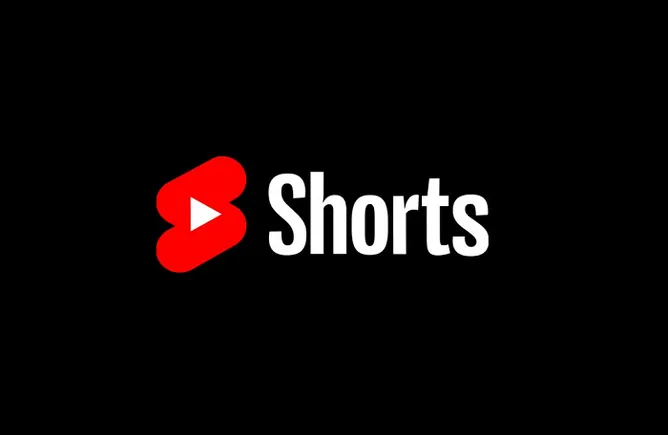



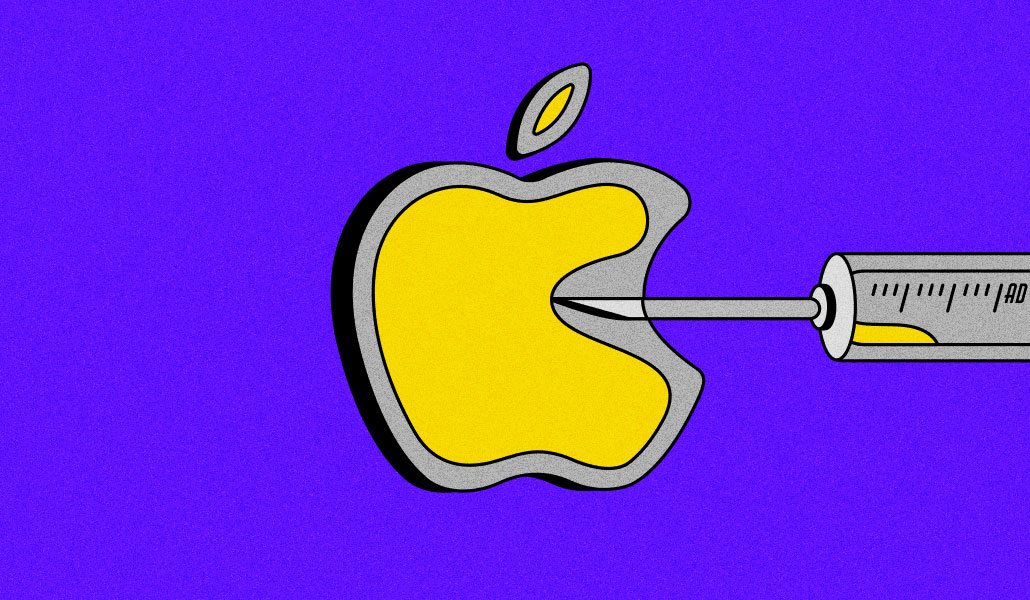


![31 Top Social Media Platforms in 2025 [+ Marketing Tips]](https://static.semrush.com/blog/uploads/media/0b/40/0b40fe7015c46ea017490203e239364a/most-popular-social-media-platforms.svg)
























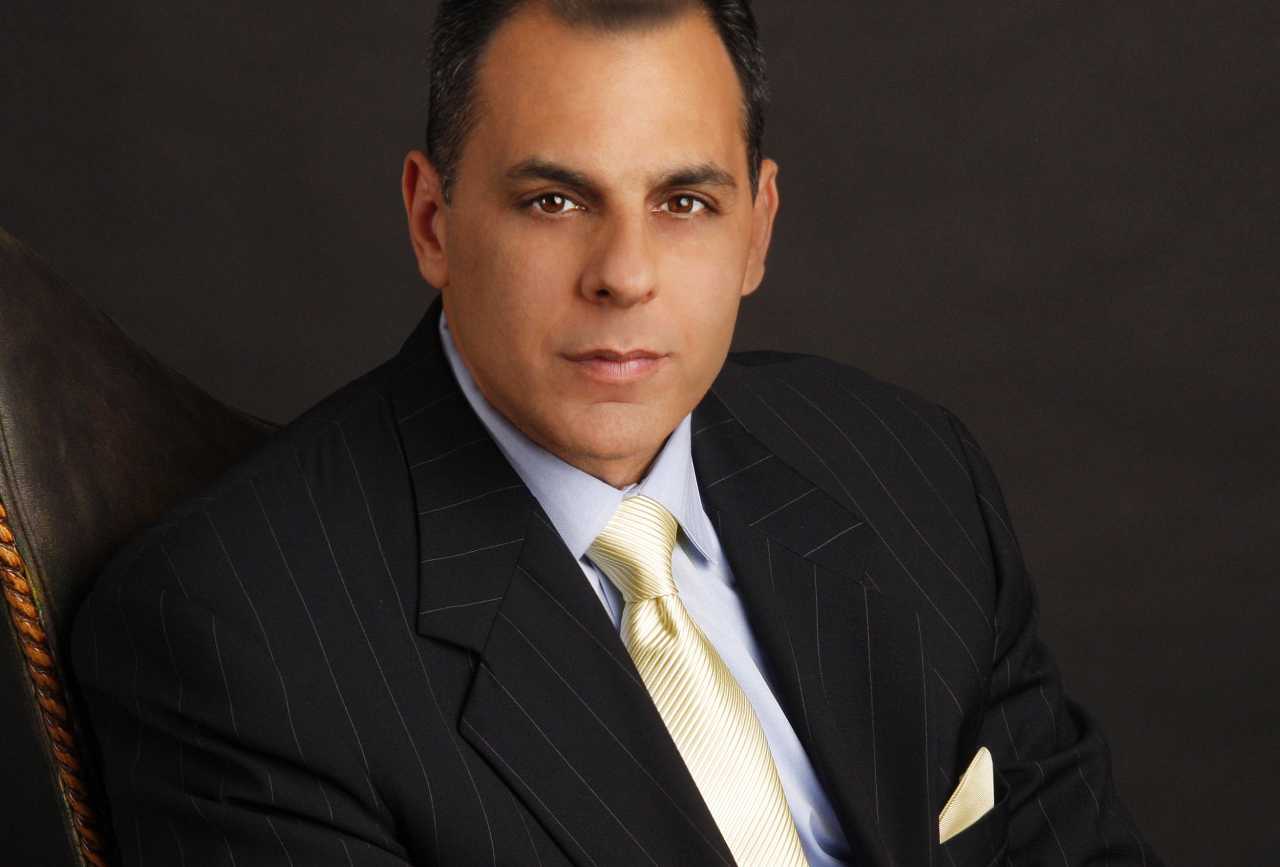

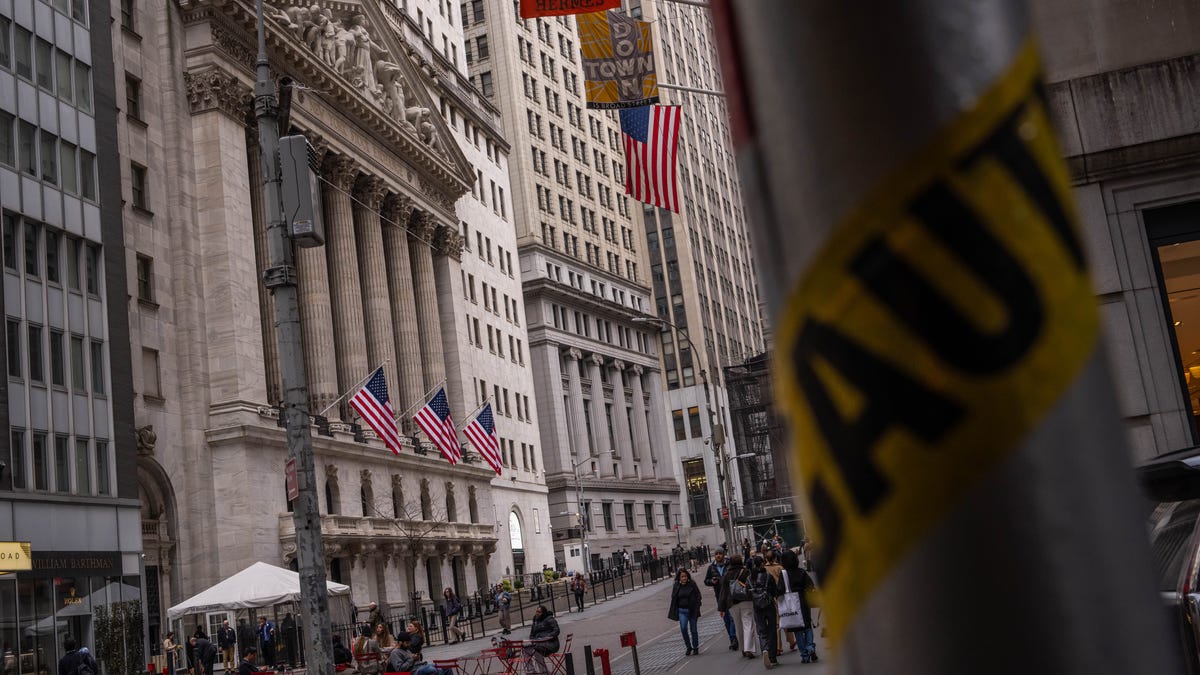





































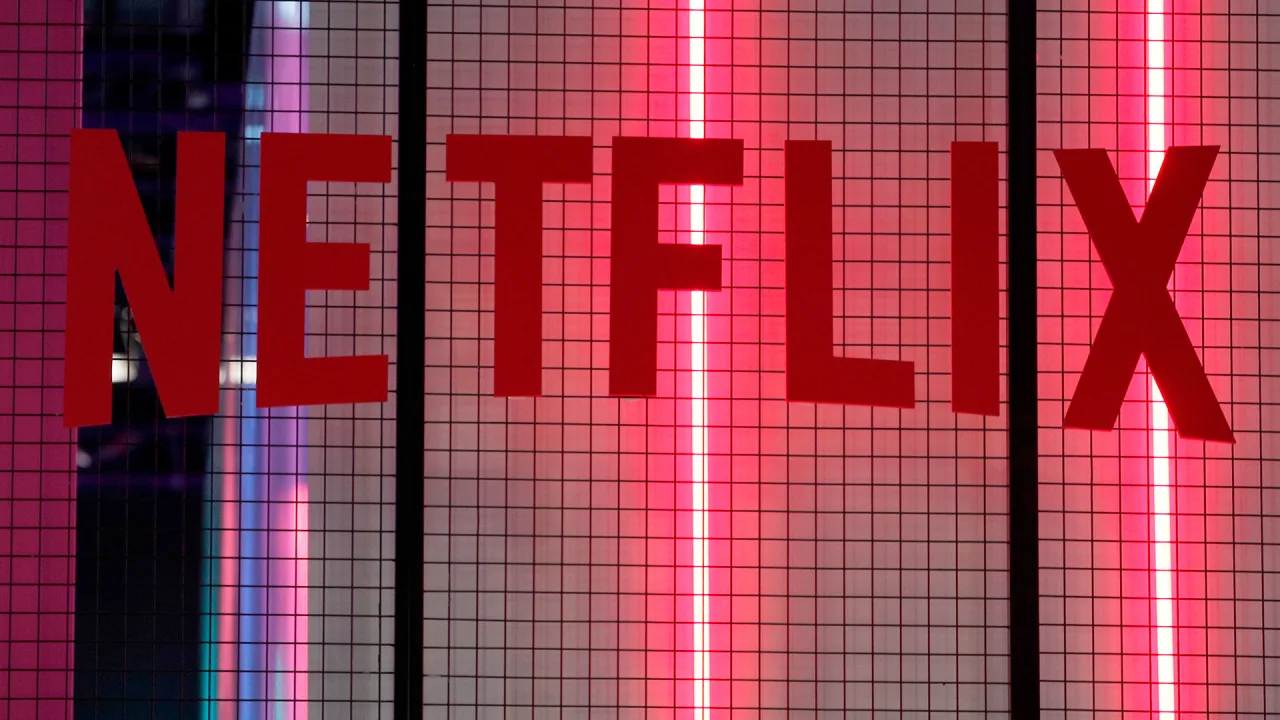





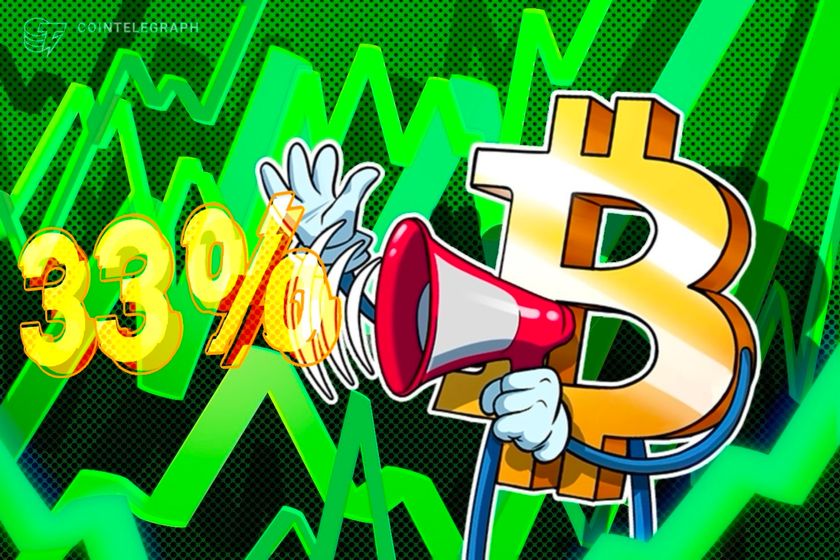































































































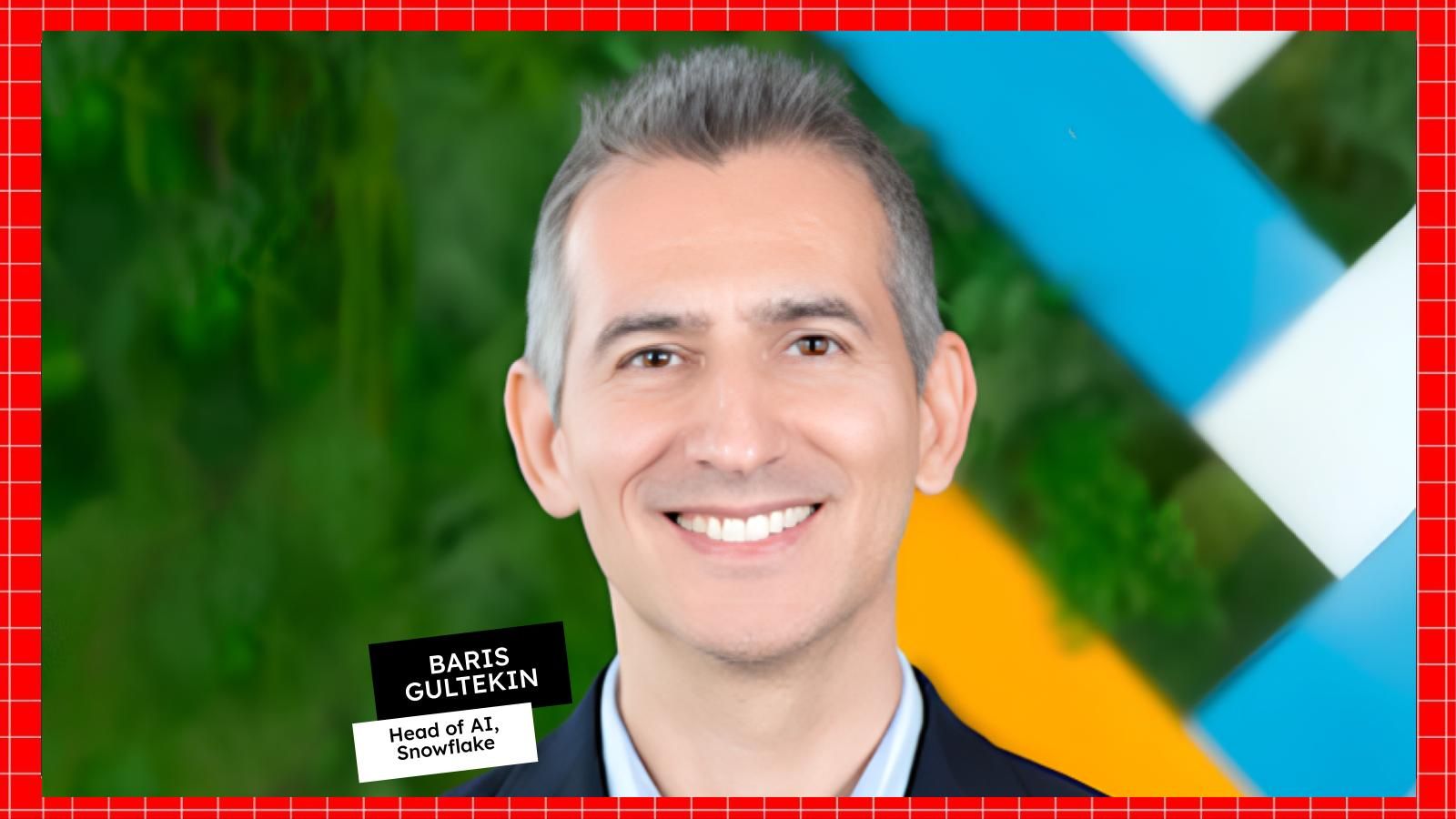
![How to Find Low-Competition Keywords with Semrush [Super Easy]](https://static.semrush.com/blog/uploads/media/73/62/7362f16fb9e460b6d58ccc09b4a048b6/how-to-find-low-competition-keywords-sm.png)